31 years pass since the invasion of Kuwait by fallen Iraqi Baath regime
Reports 12:54 PM - 2022-08-02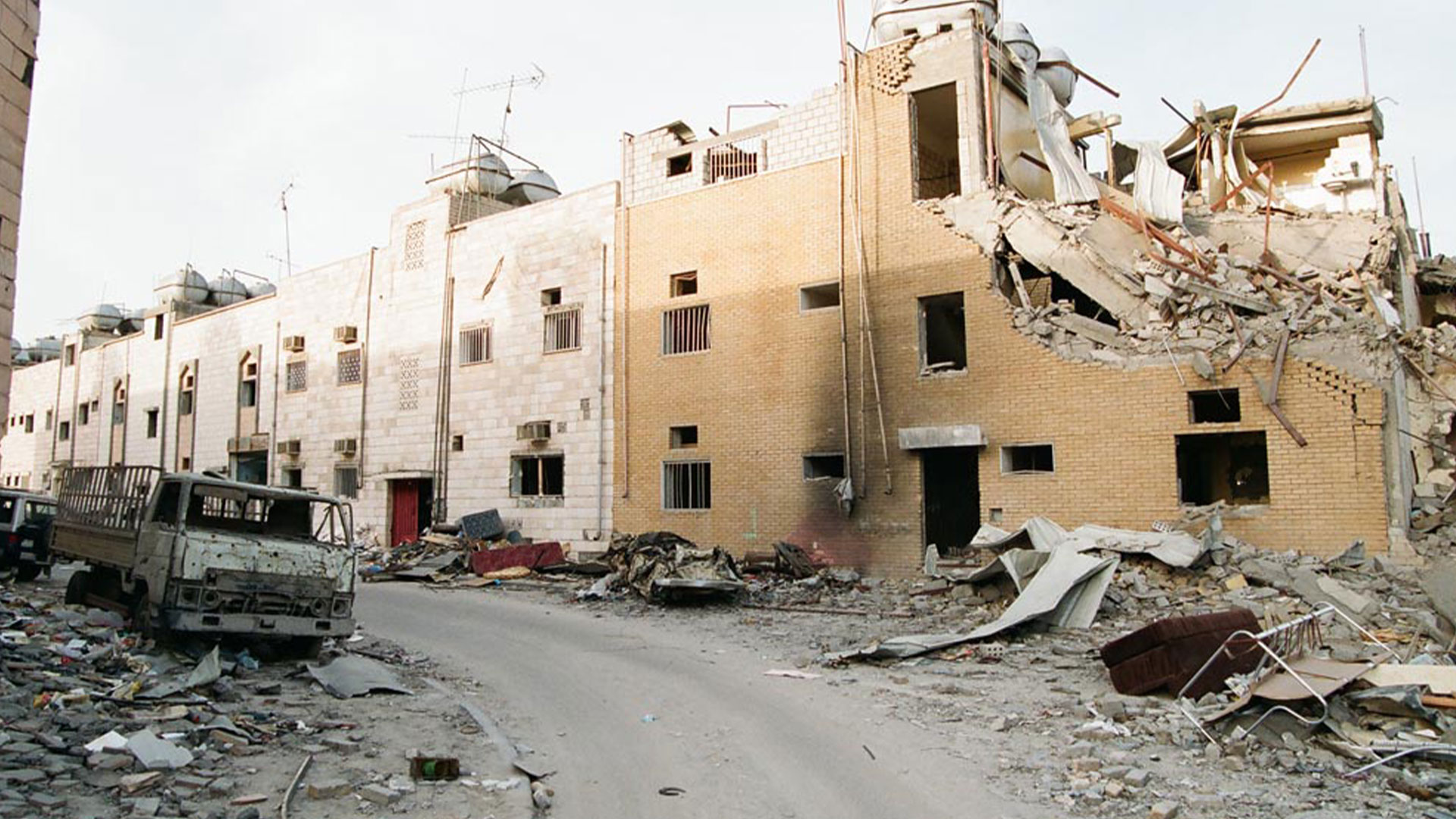
Just days ago, a United Nations commission announced the payment of 600 million US dollars to a Kuwaiti company in compensation from Iraq for the invasion and occupation of Kuwait by Saddam's fallen regime 3 decades ago.
The United Nations Kuwait Compensation Commission said it has so far paid $51.3 billion to governments and international organizations since the approval of 1.5 million claims related to Iraq's invasion of Kuwait.
On August 2 of 31 years ago, the fallen regime of Saddam Hussein invaded the neighboring state of Kuwait and declared it the "19th province" of Iraq.
The invasion began on August 2, 1990, and ended on March 6, 1991, with the intervention of an international coalition led by Washington, two years over the end of the buried regime's war with Iran.
The military operation took two days and ended with Saddam's army seizing the entire Kuwaiti lands on August 4, then forming a puppet government headed by Colonel Alaa Hussein during August 4-8 under the name of the Republic of Kuwait. Then the Iraqi government announced on August 9, 1990, the annexation of Kuwait to Iraq and the abolition of all international embassies in Kuwait.
The Kuwaiti government reassembled in exile in Saudi Arabia, where the Emir of Kuwait, Sheikh Jaber Al-Ahmad Al-Sabah, Crown Prince Sheikh Saad Al-Abdullah Al-Sabah, and many ministers and members of the Kuwaiti armed forces were present.
The Iraqi occupation of Kuwait lasted for 7 months, and the occupation ended with the liberation of Kuwait on February 26, 1991, after the second Gulf War.
The escalation began after the Arab summit held in the Iraqi capital, Baghdad (May 28, 1990), where the Iraqi government accused its Kuwaiti counterpart of waging an economic war against Iraq by increasing oil production from the quota set for it by OPEC, which affects the Iraqi economy and lowers oil prices (which Kuwait denied), and in the framework of this, Baghdad submitted an official complaint to the Arab League. The disputes between the two sides led to the intervention of Saudi Arabia and its king at the time, Fahd bin Abdulaziz, inviting the two parties to talks in Jeddah to resolve differences, but the meetings and Riyadh’s efforts were not successful in easing the tension and escalation between the two countries.
On the dawn of August 2, 1990, the buried Baath regime invaded the Kuwaiti border from 4 axes, and hours later it was able to control the capital, Kuwait, backed by the Iraqi Air Force; On that day, Kuwaitis woke up to Iraq's military vehicles, which had spread all over the country's streets.
Within two days, the army took control of the country, declaring "the liberation of Kuwait from the rule of the Al-Sabah family," and then installed a new government loyal to Baghdad headed by Kuwaiti Colonel Alaa Hussein Al-Khafaji.
These events caused an Arab and international political uproar, as the UN Security Council convened in an emergency session and issued a resolution demanding "unconditional" withdrawal of Iraqi forces from Kuwait, and then followed that up with another session in which it approved comprehensive economic sanctions on Iraq, and then other resolutions followed this to tighten the screws on Iraq.
On August 9, 1990, in response to these international moves, Iraq announced the inclusion of Kuwait into its 18 governorates, closed all embassies in it, and gave a new name to the capital, Kuwait, "Kadhima".
On the other hand, the Emir of Kuwait at the time, Sheikh Jaber Al-Ahmad Al-Sabah, established a government-in-exile in the city of Taif in Saudi Arabia, which included the Kuwaiti Crown Prince at the time, Saad Al-Abdullah Al-Sabah, and several ministers and leaders of the armed forces, which worked with wide diplomatic activity as the legitimate government of the occupied country.
Arab and international warnings continued against Saddam, and the Arab League decided, with the support of 12 countries, to send forces to liberate Kuwait, and within days, Egyptian and Syrian forces arrived to contribute to the process of restoring Kuwait.
On August 25 of the same year, the UN Security Council issued a resolution imposing a naval blockade on Iraq and allowing the international naval forces to take the "necessary measures", and a month later it issued a decision to impose an air blockade on Iraq, authorizing the member states of the Council to take all necessary measures to ensure its effectiveness and impact.
The United States also formed a coalition of more than 38 countries entitled to use all means, including military force, against Iraq, unless it withdraws its forces from Kuwait. It gained international legitimacy and was approved by the Security Council on November 29, 1990, and set January 15, 1991, as the last date for withdrawal.
The International Coalition to liberate Kuwait sent about 750,000 soldiers (75% of them are Americans, about 500,000 soldiers representing the ground forces, navy, marines, and air forces, 30,000 British, and 13,000 French, in addition to about 200,000 members who make up the Arab units that joined the coalition).
The military force included 3,600 tanks, 1,800 aircraft, and 150 naval equipment, all of which were used to force Iraq to withdraw from Kuwait.
On January 17, 1991, the battle was announced as "Desert Storm", while the buried regime called Saddam the "mother of all battles", and its first chapters began with an intense air campaign that included all Iraqi lands.
On February 24, the coalition forces penetrated into Kuwaiti and Iraqi lands, dividing the ground army into 3 main groups; Where the first group headed to liberate Kuwait City, the second to besiege the Iraqi army wing west of Kuwait, and the third group's mission was to move in the far west and enter the south of Iraqi territory to cut off all supplies to the Iraqi army.
On the dawn of February 26, 1991, the Iraqi army withdrew from Kuwait, after setting fire to the Kuwaiti oil fields, then US President George H.W. Bush announced the next day the liberation of Kuwait, 100 hours after the launch of the ground campaign, saying his famous sentence: "Kuwait is free".
On March 14, 1991, Prince Jaber Al-Ahmad Al-Sabah was able to return to Kuwait after months of working for his government in Saudi Arabia temporarily.
The contributions of the coalition countries in the war to liberate Kuwait amounted to 53 billion dollars, of which Germany's share was 6 billion and 572 million dollars, Japan with 10 billion and 72 million dollars, and South Korea with 355 million dollars.
Kuwait's contribution amounted to 16 billion and 6 million dollars, Saudi Arabia 16 billion and 839 million dollars, the UAE 4 billion and 88 million dollars, and other countries 30 million dollars.
At a time when Kuwait lost about $80 billion, more than 727 out of 1,080 of its oil wells were burned.
PUKmedia
More news
-
DPM Talabani: I Appreciate Spanish Ambassador’s Efforts in Improving Relations Between Both Countries
06:32 PM - 2024-05-08 -
Two Emirs, 6 Terrorists Arrested by Kurdish Security Forces
09:40 PM - 2024-05-06 -
DPM Talabani: Kurdistan Has a Skilled Workforce
07:00 PM - 2024-05-06 -
PUK President Arrives in Washington
06:46 PM - 2024-05-06
see more
PUK President: We Emphasize the Necessity of Holding Timely Elections
03:29 PM - 2024-05-08
The PUK Appeals the Council of Commissioners' Decision
02:26 PM - 2024-05-08
PUK President: Our Goal is to Ensure that Resources are Used to Help Develop the Country
10:47 PM - 2024-05-07
PUK President: Coordination is Important to Maintain Peace in Surrounding Area
09:29 PM - 2024-05-07
Most read
-
PUK President: We Emphasize the Necessity of Holding Timely Elections
P.U.K 03:29 PM - 2024-05-08 -
DPM Talabani: I Appreciate Spanish Ambassador’s Efforts in Improving Relations Between Both Countries
Kurdistan 06:32 PM - 2024-05-08 -
The PUK Appeals the Council of Commissioners' Decision
P.U.K 02:26 PM - 2024-05-08 -
PUK President: PUK is Committed to Resolving Issues
P.U.K 06:48 PM - 2024-05-08

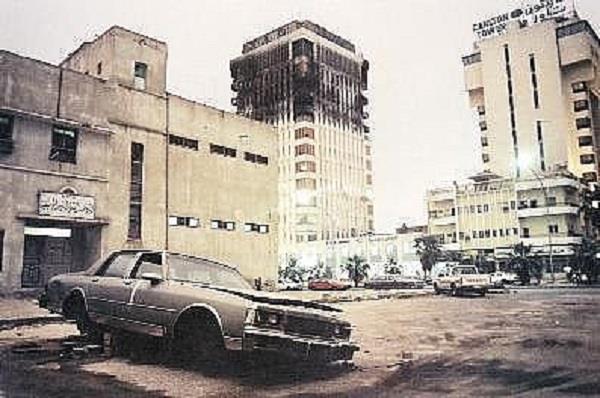
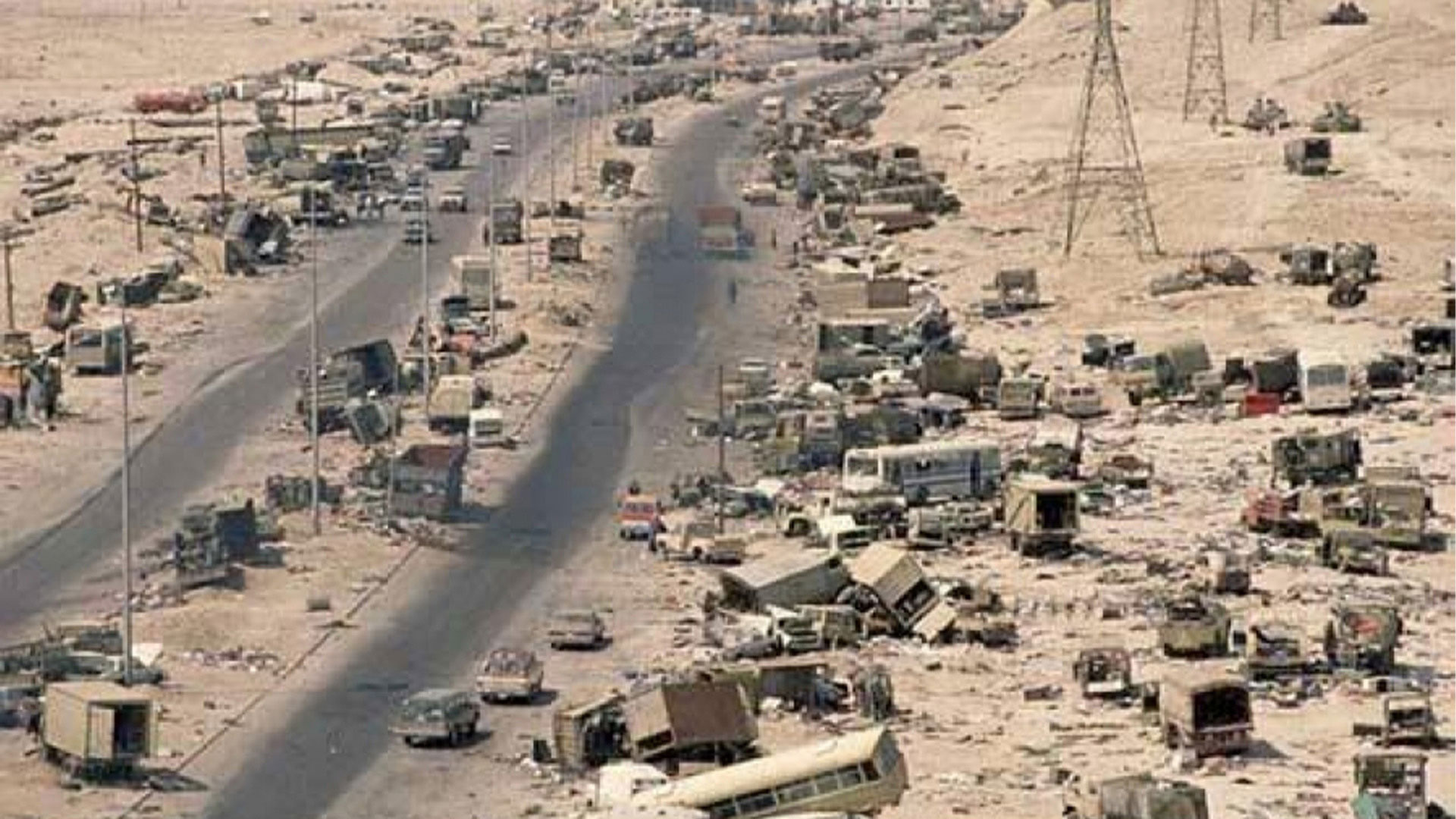
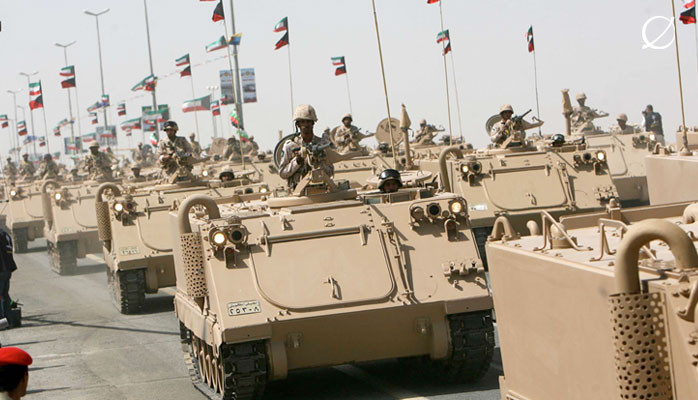
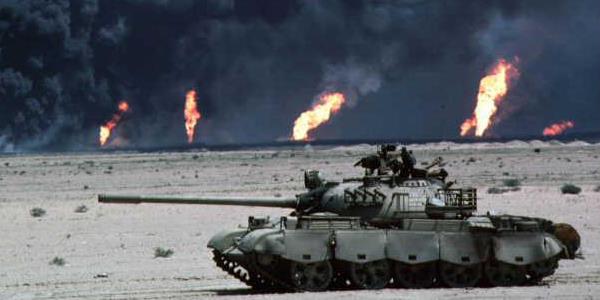
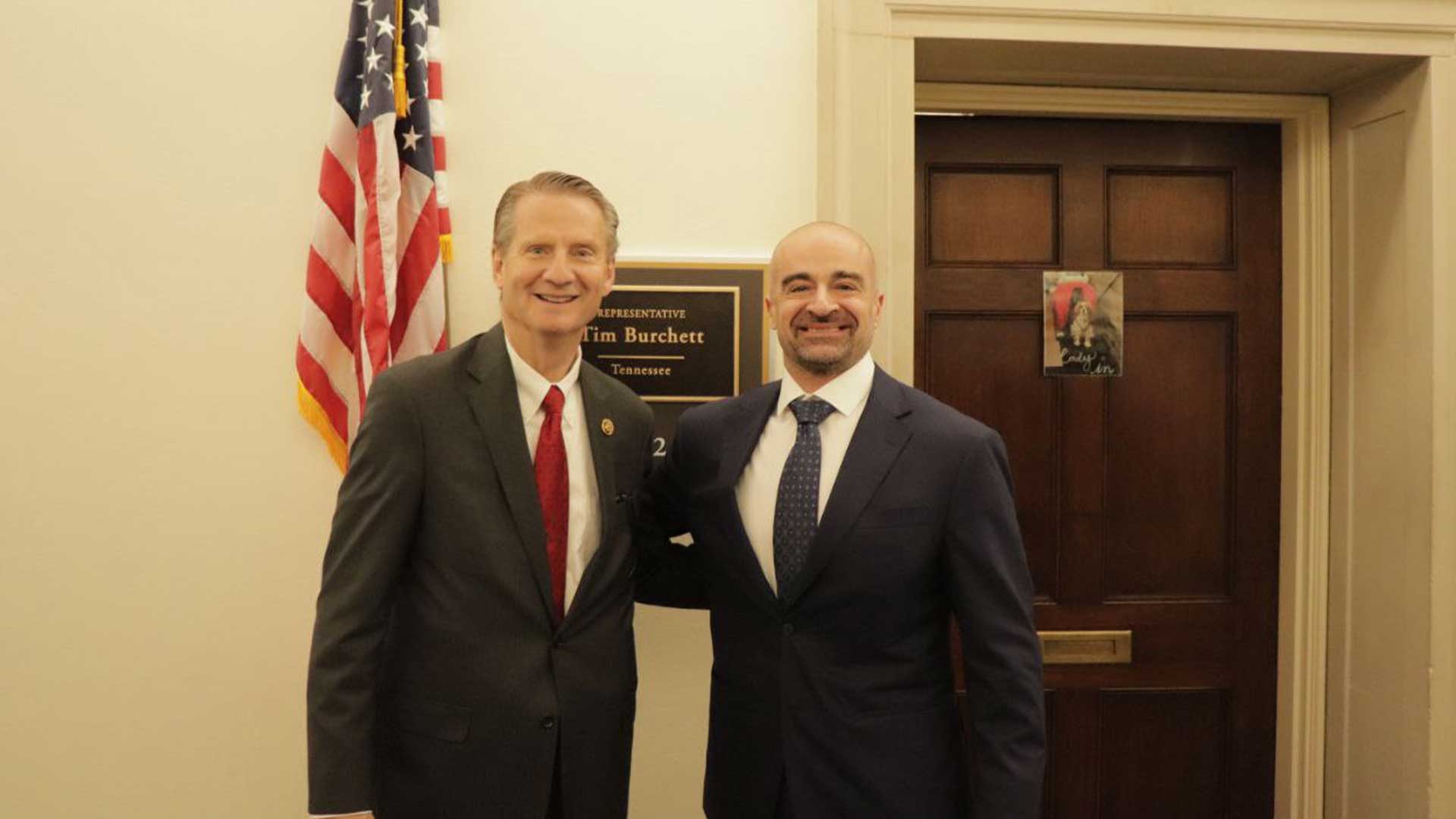
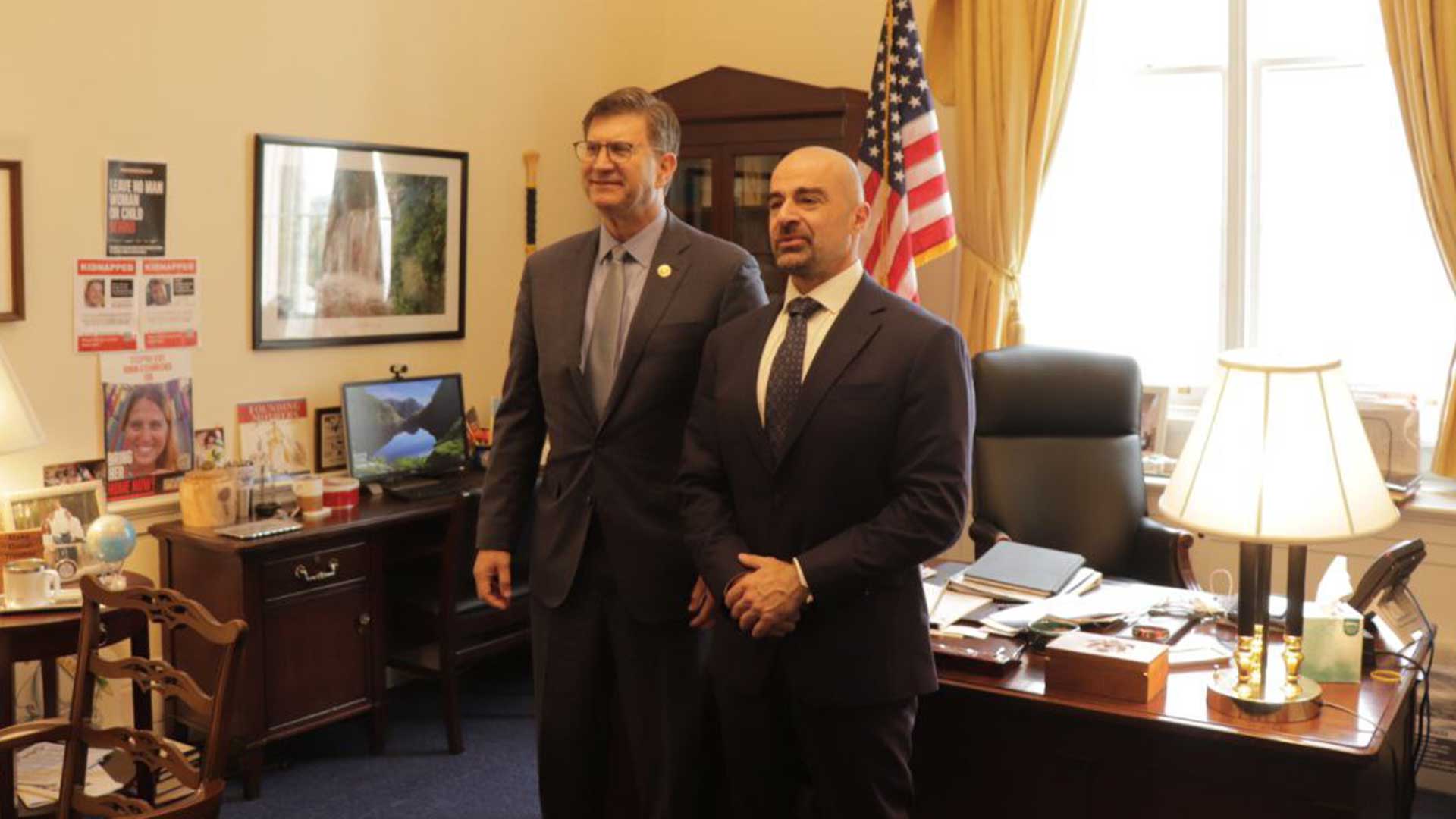
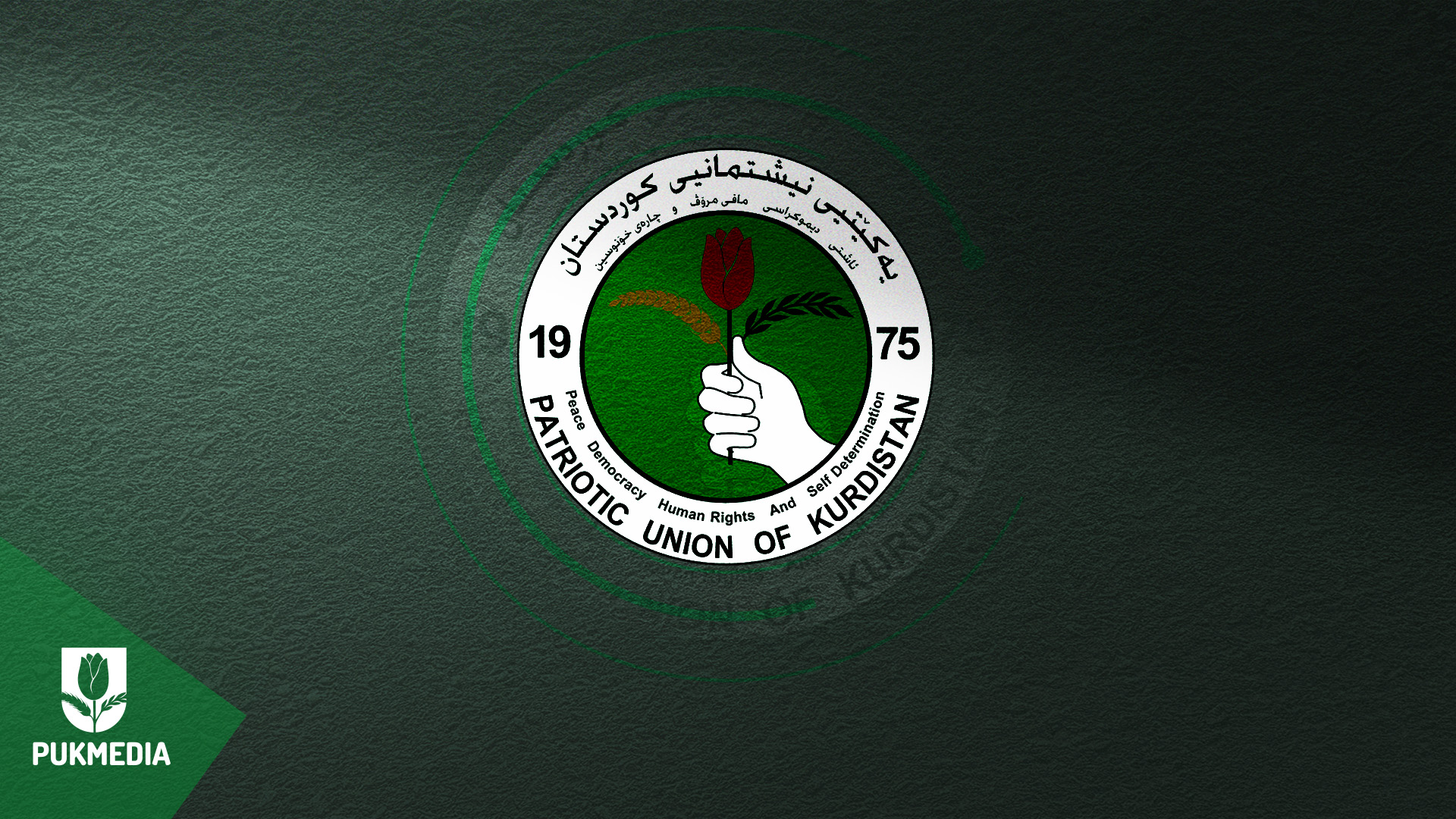
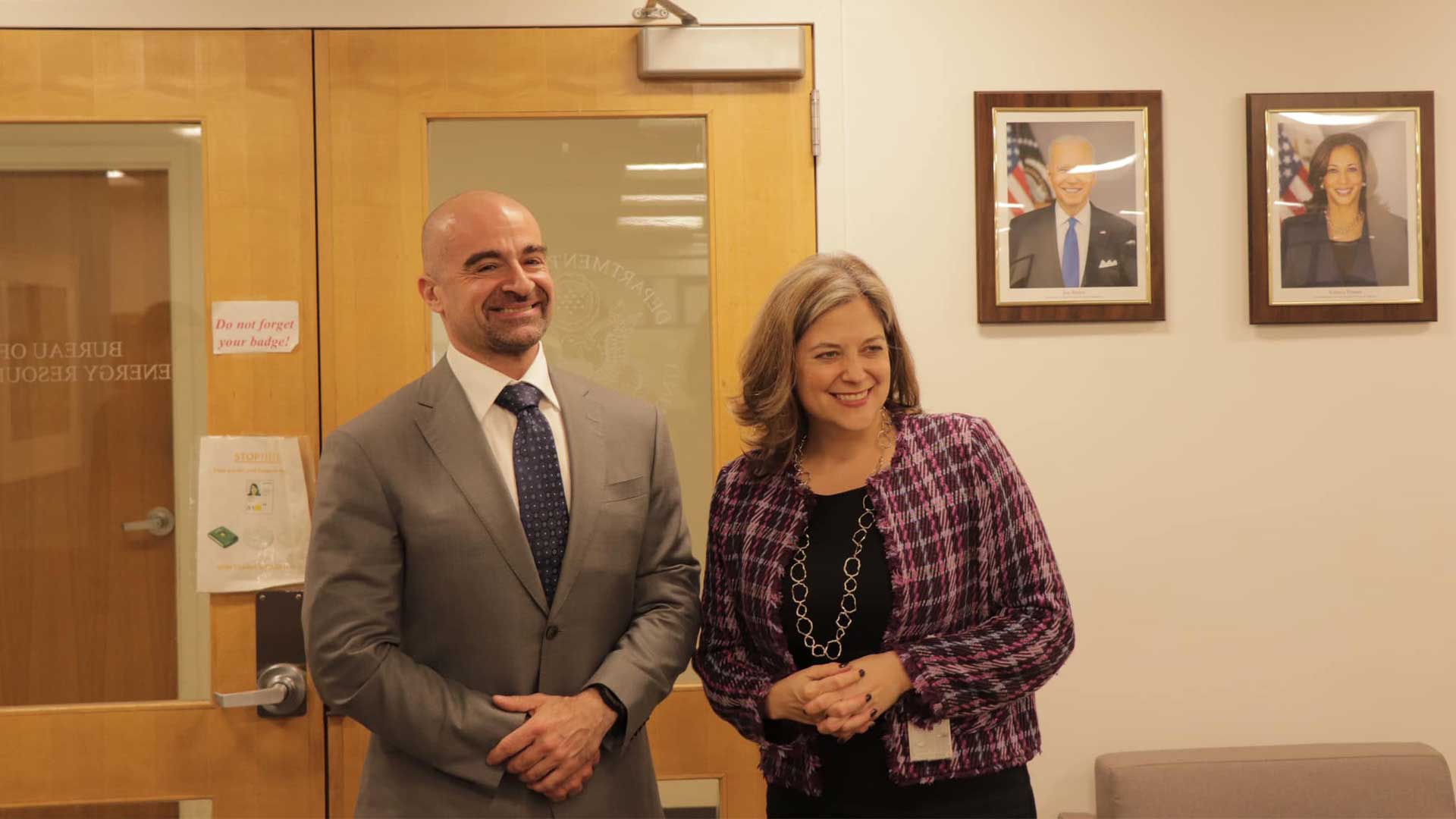
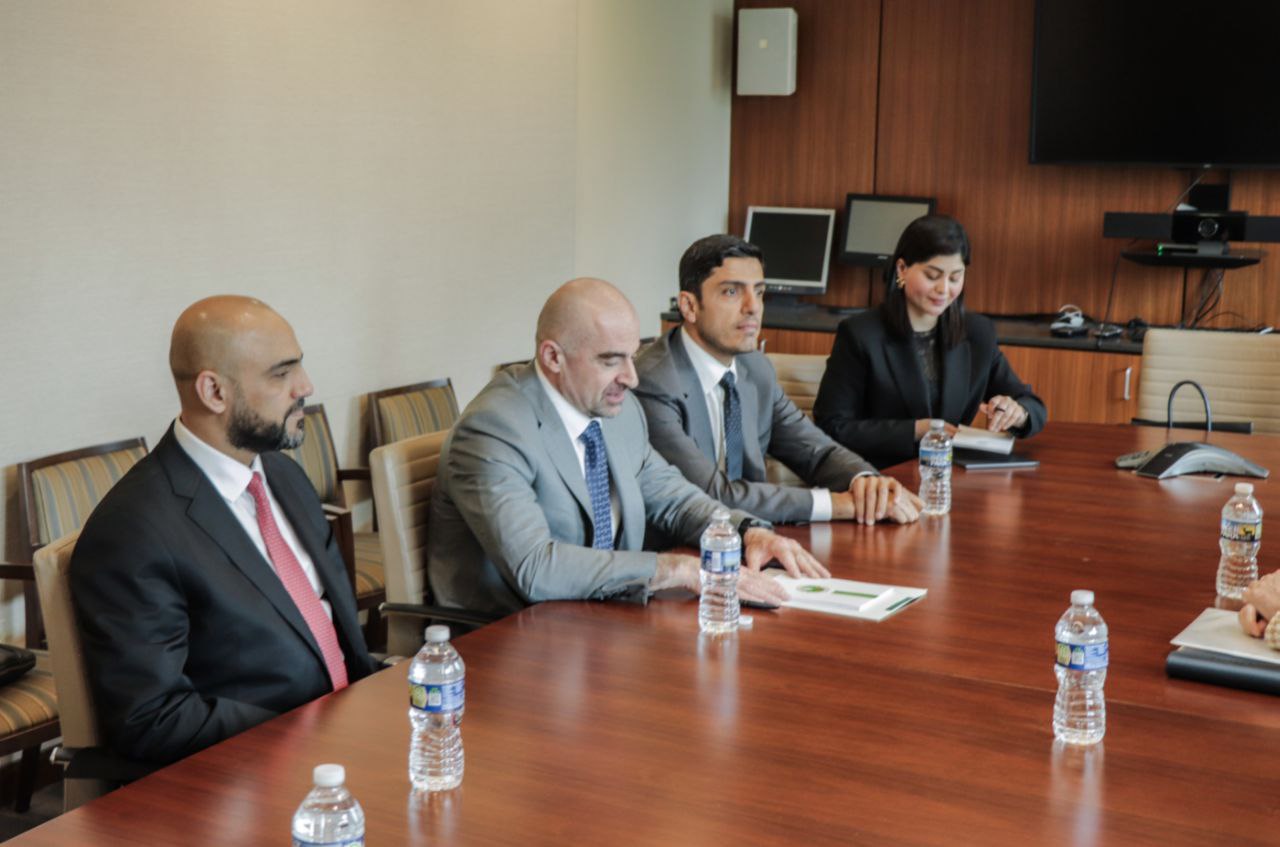
 Application
Application


